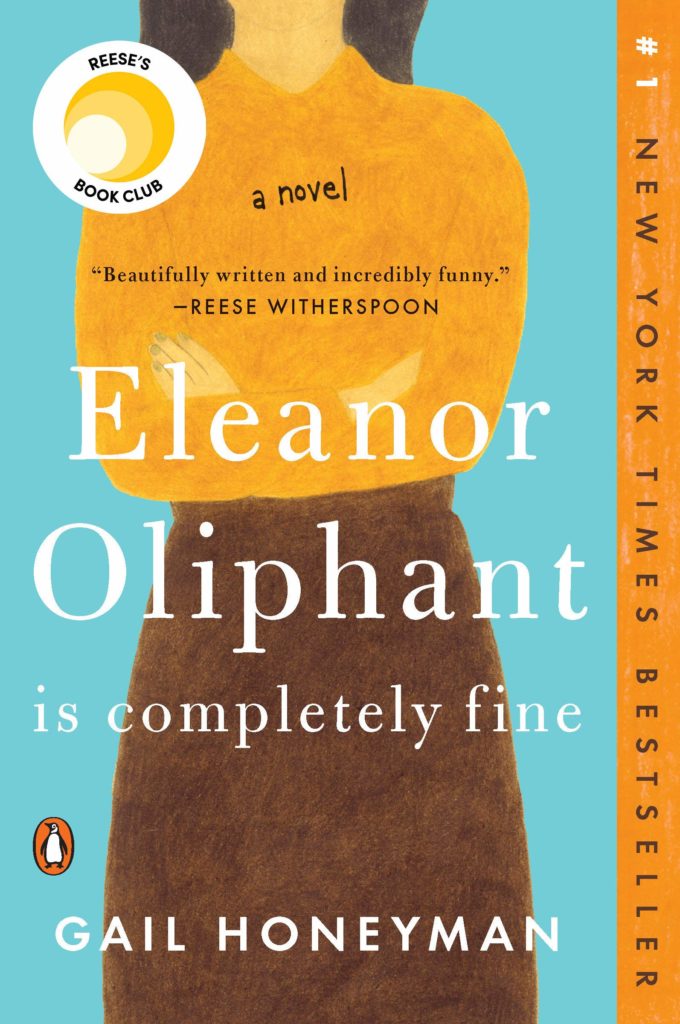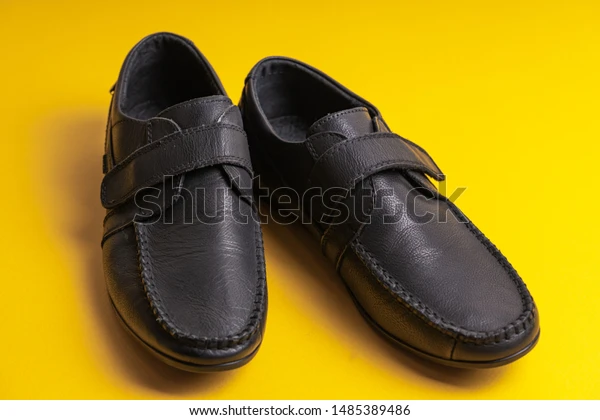Eleanor Oliphant is Completely Fine by Gail Honeyman
This novel has been around for awhile, but I never got to it. So, when looking through my library wish list — (because you know I don’t have any of my own books to read) — I realized I had added this novel way back in 2018. So decided it was time to give it a try.
Eleanor Oliphant is 29, works as a finance clerk in Glasgow, has no friends or social contacts and is both eccentric and opinionated. Written in the first person, the novel begins with Eleanor’s day to day life and her unfiltered description of herself and everyone she meets. She is an introvert, who doesn’t fit in at work and is very uncomfortable in social situations. On the weekends she drinks alone, does difficult cross word puzzles, and seldom speaks to anyone — hers is a solitary and lonely lifestyle.
It wasn’t that I needed anyone. I was, as I had mentioned, perfectly fine.
She’s oblivious to how her actions appear to those around her and blames any awkwardness on the other person. Her private thoughts are witty, and often harsh judgements, about everything and everyone. Eleanor lacks both filters and self-awareness — so ends up saying things out loud that most of us wouldn’t dream of saying.
As you read this novel, if you’re like me, you’ll start to feel protective of Eleanor as she bumbles her way through the world in odd clothes and her sensible Velcro closure shoes.
I’d tried so hard, but something about me just didn’t fit. There was, it seemed, no Eleanor-shaped social hole for me to slot into.
Through out the book, Eleanor’s troubled past is revealed little by little, and the reader starts to realize that Eleanor Oliphant is Not Completely Fine.
Eleanor’s metamorphosis begins when an old man collapses in the street and, with her co-worker Raymond, they help and befriend him. She is soon visiting the old man in the hospital and becomes fond of Raymond, despite a fantasy crush on a singer in a local theater. She decides to step up her game, having her hair colored and styled, buying a new outfit (with non-Velcro shoes), and even submits to a makeup demonstration at department store. Eleanor finds the experience both exasperating and exciting.
Was this how it worked, then, successful social integration? Was it really that simple? Wear some lipstick, go to the hair dressers and alternate the clothes you wear? Someone ought to write a book, or at least an explanatory pamphlet, and pass the information on.
Most importantly she starts therapy, which as you can imagine is not a pleasant experience for our Eleanor. Her private thoughts about her therapist are both catty and funny. But, little by little, she confides bits and pieces of her past to the therapist and they form an uneasy but important bond.
I raced through this book, wanting things to go well for Eleanor and wanting to see what was going to happen to her next. Ms. Honeyman has created a character both fierce and independent yet also breathtakingly vulnerable. In one sentence her inner dialogue states:
I have always taken great pride in managing my life alone. I’m a sole survivor – I’m Eleanor Oliphant
Only later in the chapter to lament:
I could not solve the puzzle of me.
The author, Gail Honeyman said:
It’s a story of the transformational power of small acts of kindness. She wrote Eleanor’s life, as a person who has been knocked off kilter by an unnamed childhood horror which she can only recall from her sense of, before and after, and although she’s had a fairly catastrophic start in life, Eleanor is still the agent of her own life. She goes on to say that she didn’t want to write her as a victim, and didn’t want her to be self-pitying either. She tried to leave space in the narrative, so the reader could feel those feelings on her behalf.
Eleanor Oliphant is Completely Fine gifts the reader with a character who will stick with you long after the novel is finished. I found Eleanor funny yet sad – smart yet naive.
It’s a wonderful exploration of how socialization can be effortless for most, while at the same time, cringe-worthily awkward for those who are different. I am fortunate to be in the former group, but I know those who fall into the latter. After reading this novel, I feel a greater understanding and empathy — as if I have walked a mile in their sensible Velcro shoes.







